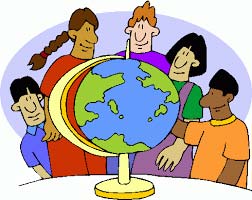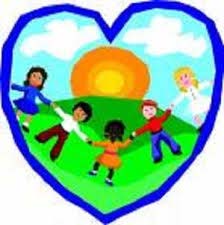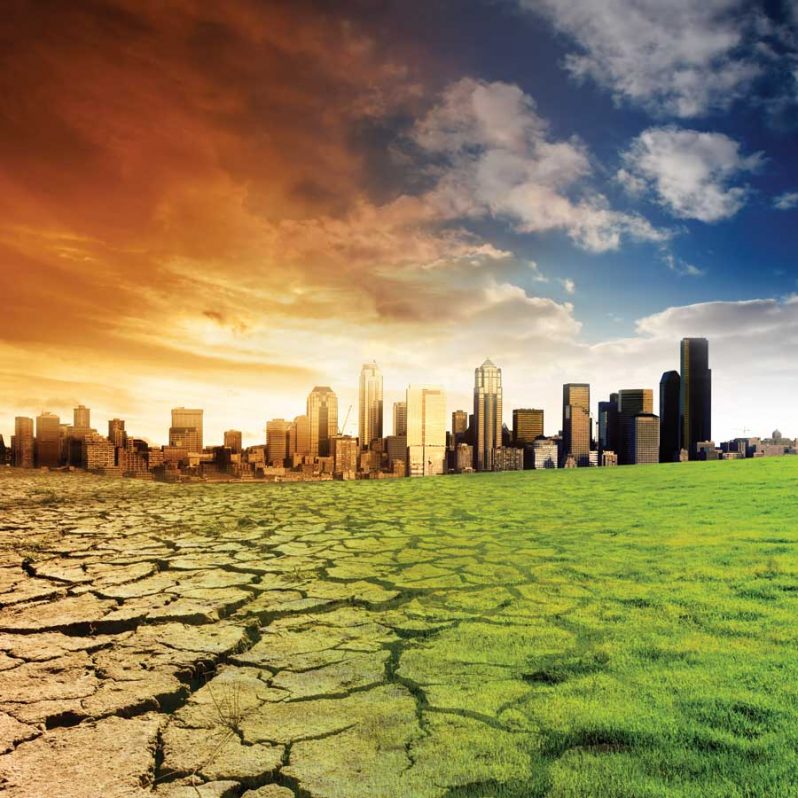Education is an integral part of understanding any area of interest or distress, Climate Change education is no less important as we seek to understand this new weather related phenomenon affecting people not just in Guyana, and the Caribbean region, but globally as well. It is important to be aware of the changes taking place in the world and the implications for our lives. More importantly, we need to be informed to make the lifestyle changes necessary to ensure that our existence is secured and the resources we depend on sustained. Many people perish for the lack of knowledge, therefore, failing to  educate ourselves and apply the knowledge garnered would be the ultimate mistake; this week we will shed some further insight on what really is Climate Change.
educate ourselves and apply the knowledge garnered would be the ultimate mistake; this week we will shed some further insight on what really is Climate Change.
Is the Climate really changing?
Before you answer this question let us take a walk down memory lane. Have you noticed any changes in weather patterns being experienced in our country and other parts of the world? Have you heard your people around you e.g. parents or grandparents say anything about the changes in weather patterns being experienced lately? Have you noticed that it is hotter now than say five or ten years ago? What other changes in the weather patterns have you noticed?
Scientists who study the Earth’s climate today and have investigated past climatic changes agree that the global temperature has increased rapidly and significantly in the last 150 years. This is largely responsible for the dramatic changes in rainfall both in terms of intensity and pattern around the world. What this means is that some parts of the world get less rainfall other parts more than normal. Also rainfall patterns have changed in terms of how often and how a particular area receives. This change in turn affects breeding and habitats of animals in these areas. Also heavy rainfall often causes floods and landslides and people face many challenges including loss of homes, farms etc.
Education is our passport to the future, for tomorrow belongs to the people who prepare for it today.
Malcom X
Does human activity affect climate change?
There is now scientific evidence to show that human activity is responsible for most of the climate change in recent years, particularly the warming of the atmosphere and ocean in the last 150 years. Further, there is evidence that these changes will continue into the future either for better or worse, the outcome is most likely dependent on “our” actions.
Carbon dioxide and other Greenhouse gases are produced when humans burn (fossil fuels) such as, gasoline, natural gas, and coal to produce energy for everyday activities such as; lighting, automobiles, trains, ships, aircraft, to produce food and to manufacture goods. These Greenhouse gases, with the most common being Carbon Dioxide are responsible for warming the atmosphere. As more and more of these gases are sent in to the atmosphere they are trapped in the Earth’s stratosphere which is the blanket that protects it from the direct radiation of the sun. As greenhouse gases build up in the stratosphere more heat than usual is trapped there increasing the temperature of the Earth. If the amount of these gases being released into the atmosphere is not curbed the global temperature will continue to increase!
The great aim of education is not knowledge but action.
Herbert Spencer
What do you need to know about climate change?
Ecosystems will be affected
Climate change will have many different effects on society and on the natural world. Plant and animal species are forced to adapt to changing environments or migrate to new areas, however, those that are unable to adapt will become extinct. As species move, many can bring diseases with them to farms and human populations. Higher temperatures can also create new risks for wildfires and place new pressures on farmers. All of these will change the dynamics of ecosystems.
Populations will be displaced
Melting polar ice raises sea levels, putting coastal cities at greater risk of floods. Coastal cities and the Caribbean nations are particularly vulnerable to becoming submerged. Guyana is not exempted since it has a narrow coastal belt  which lies below sea-level and upon which most of the population reside. Therefore, we cannot ignore climate change any longer! The Low Carbon Development Strategy, the Clean up my Country Campaign and other country wide initiatives are efforts being made by Guyana in the fight against climate change. In the fight against climate change we need to be conscious that we need to reduce at the industrial, commercial and household and individual levels the amount of electricity and fuel we consume and the amount of waste we produce.
which lies below sea-level and upon which most of the population reside. Therefore, we cannot ignore climate change any longer! The Low Carbon Development Strategy, the Clean up my Country Campaign and other country wide initiatives are efforts being made by Guyana in the fight against climate change. In the fight against climate change we need to be conscious that we need to reduce at the industrial, commercial and household and individual levels the amount of electricity and fuel we consume and the amount of waste we produce.
What can we do about climate change? It is possible to prepare for climate change and to avert its worst effects, but to do so, we need to understand why climate change is happening and make informed choices as individuals and communities based on the available evidence. Information alone is not enough, developing appropriate national policies and strategies are already in process to prepare society for changes that are already well under way, but without understanding the basic causes and effects of climate change, we will be unable to make informed decisions that will affect generations to come.
We need to change our lifestyles to lower the amount of greenhouse gases we put into the atmosphere. We also need to equip ourselves with the information, techniques, technology and systems that would give early warning of climate related dangers and keep us safe from their impacts.
Ten Tactics You Can Use To Fight Climate Change
Convert to energy saving lights, appliances and machines.
Opt for energy efficient cars or transport.
Do not drive if you have to go to a point that can be reached by a short walk.
Opt for water saving devices in your home, offices, factories and industries.
Opt for locally produced foods – its takes less energy for these to get to the market than those produced in far off places.
Buy and use only what you need – save money and produce less waste.
Dispose of waste properly – use bins; and compost vegetable waste; leaves and grass.
Harvest rainwater – collect it in a tank or barrel and cover it to keep out mosquitoes.
Use biodegradable (can breakdown (rot) in the environment) disposable containers, bags, and utensils – however reusable (washable) is better for the environment.
Think carefully before you print anything on paper – this saves trees and energy.
The environment is everybody’s business let us take action to safeguard it!!
Share your ideas and questions by sending letters to: “Our Earth, Our Environment”, C/O EIT Division, Environmental Protection Agency, Ganges Street, Sophia, GEORGETOWN, or email us at: eit.epaguyana@gmail.com
http://ncse.com/climate/climate-change-101/what-can-we-do
http://www.unesco.org/new/en/education/themes/leading-the-international-agenda/education-for-sustainable-development/climate-change-




.png)









